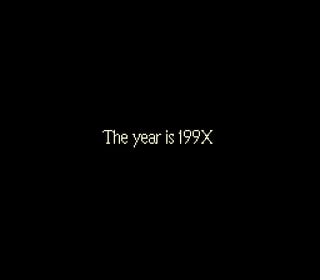On occasion I've seen a novel in which the writer wants to identify a year by all but the last digit, so that the year could be any year in a decade. I want to be certain of the punctuation mark that would be used under such circumstances. It could possibly be 198_ or 198- or something similar (en or em dash.) Wikipedia doesn't address this.
-
1Would we not just say 'during the 1980s' ?– Nigel JCommented Nov 16, 2017 at 18:47
-
1@Nigel Possibly, but I would read this as something that took place over the entire decade or during multiple years. The answer below, in which an em dash has been used, satisfies me. I'd interpret it that the writer had a particular year in mind, but didn't want to disclose it.– Zan700Commented Nov 16, 2017 at 19:00
-
1Yes, agreed. I have upvoted both question and answer.– Nigel JCommented Nov 16, 2017 at 19:03
-
1A better way would be to use words to indicate what you meant, e.g. "the late 1980s" or "the mid-1970s" (none of these phrases imply that the activity was continuous during the decade or part thereof; context may imply it, though), or you could say "one year in the 1980s, ...".– Jim MacKenzieCommented Nov 16, 2017 at 19:32
-
1Related: "Why, in old books, are dates often given with the years redacted?"– MetaEdCommented Nov 16, 2017 at 21:32
1 Answer
There are multiple ways to do this. TVTropes has plenty of examples.
Some works use an em dash:
On a fine May day in 197—, Fred Regent and Richard Jeperson stood in Old Compton Street, London N1.
Soho Golem by Kim Newman
Another way (very popular in video games) is to use X:
The year is 199X — Earthbound
The Oxford English Dictionary uses periods (e.g. "14.." for the 1400s or "187." for the 1870s), which is something I haven't seen used anywhere else, especially since it would be confusing when written in a sentence. Still, it's worth mentioning. Here are some screenshots from their page for up (adverb):



